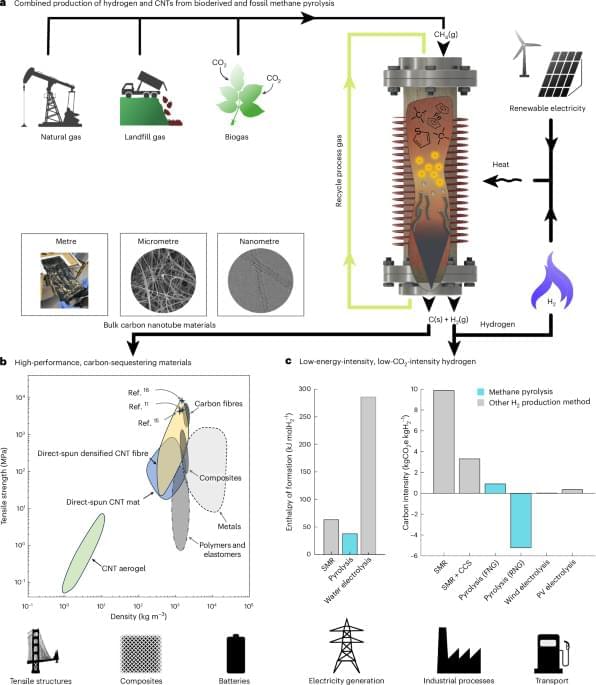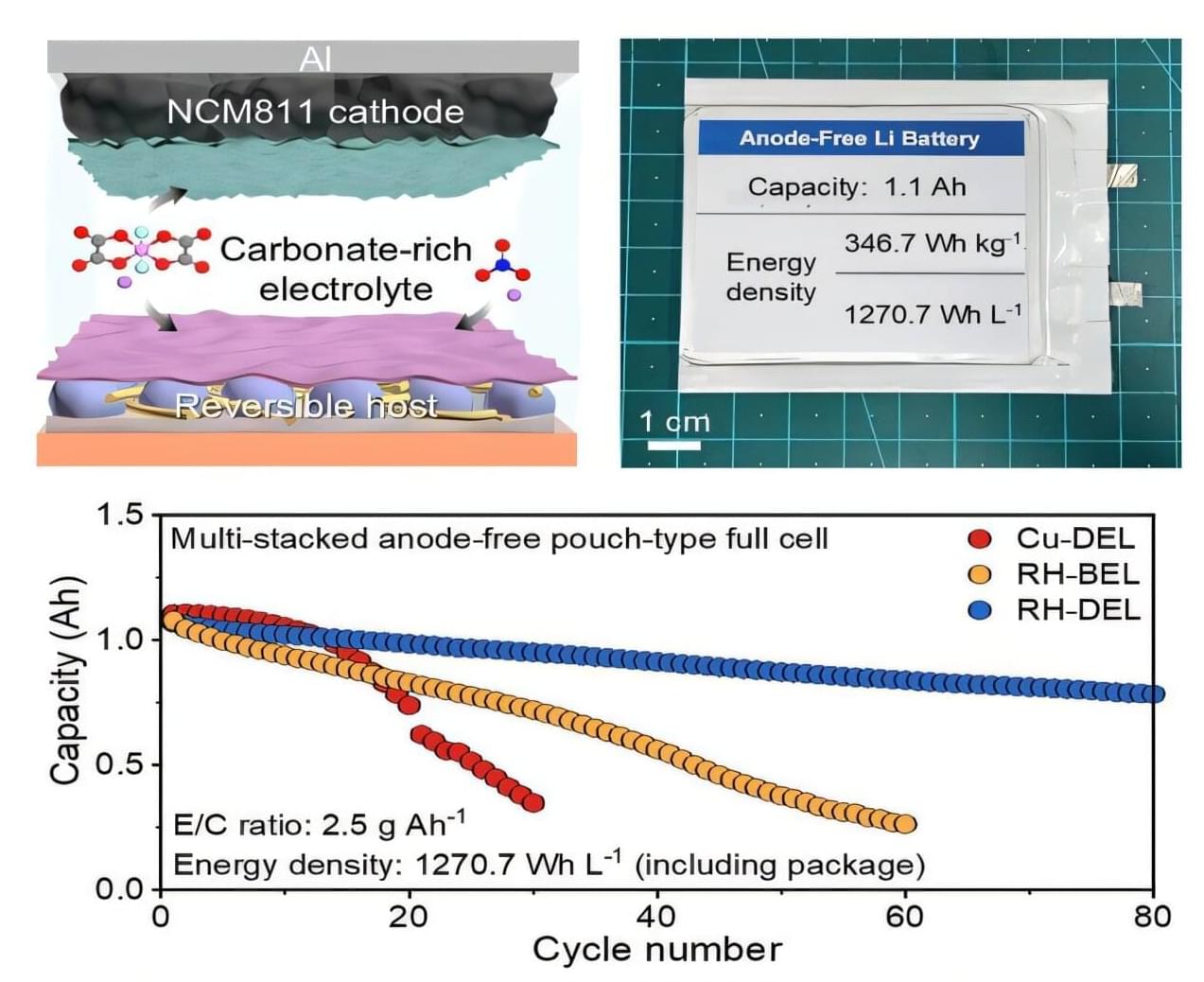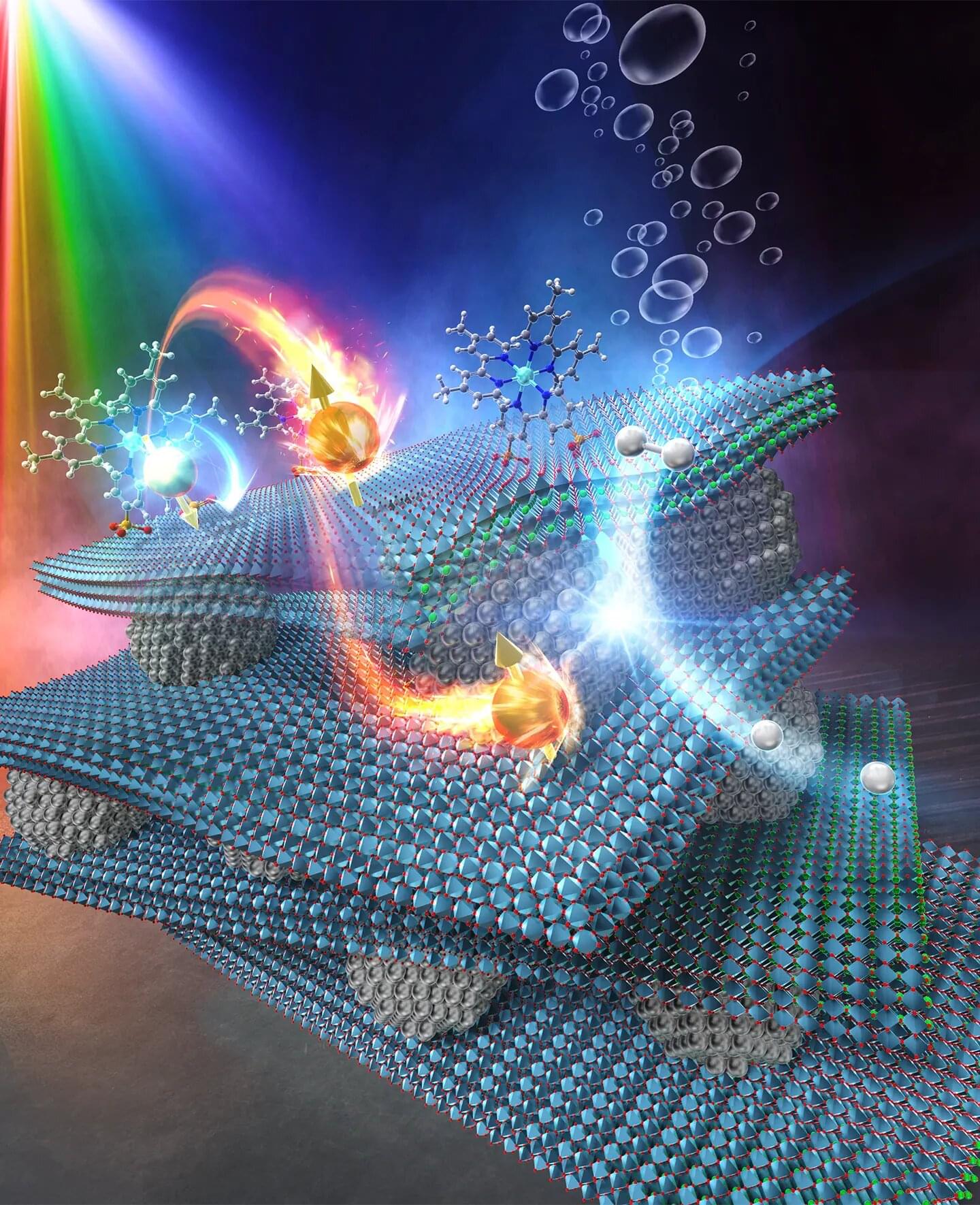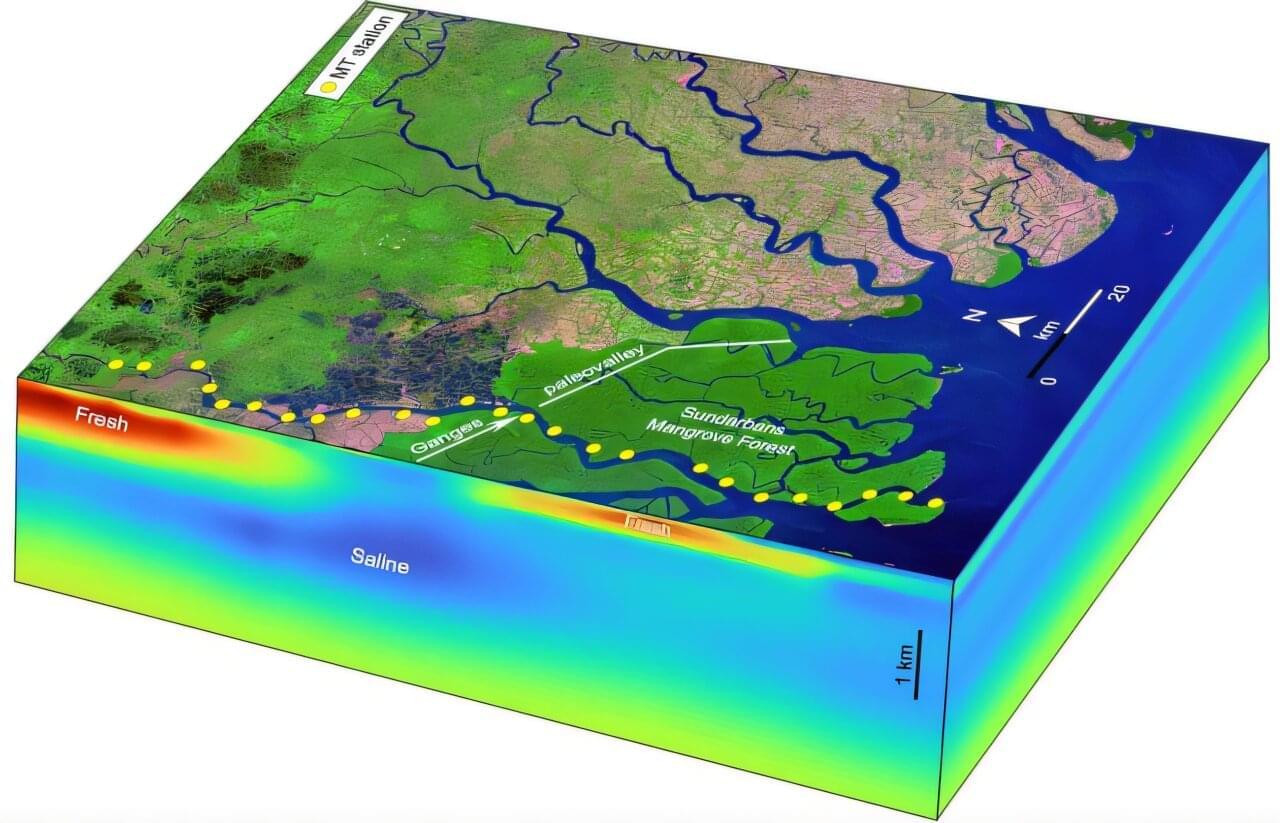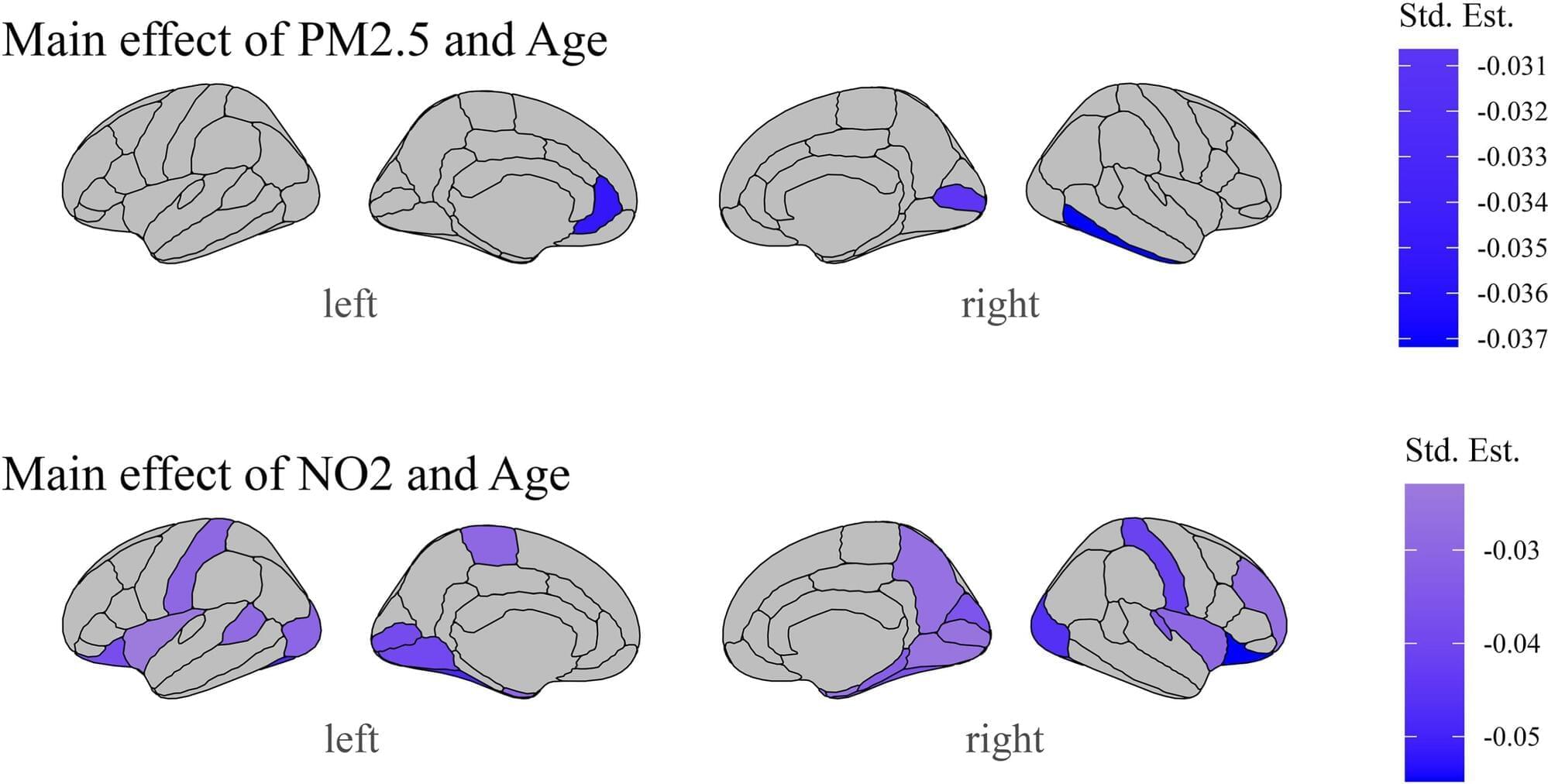Questions to inspire discussion.
Launch Economics & Viability.
🚀 Q: What launch cost makes space data centers economically competitive? A: Space data centers become cost-competitive with ground systems when launch costs drop to approximately $200/kg, according to Google’s Suncatcher paper, making the economics viable for moving compute infrastructure off-Earth.
💰 Q: Why might SpaceX pursue a $1.5 trillion IPO valuation? A: The projected $1.5 trillion SpaceX IPO valuation is speculated to fund the capital-intensive race to establish space-based data centers and secure the best orbital positions before competitors.
🏢 Q: Which companies can realistically build space data centers first? A: Vertically integrated organizations like SpaceX, Relativity Space, and Blue Origin lead because they control launch infrastructure, can self-fund deployment, and serve as their own customers for space compute capacity.
🛰️ Q: How would space data centers physically connect GPUs across satellites? A: Multiple free-flying satellites in formation (like 20+ Starlink satellites) use inter-satellite optical connections to enable communication between GPUs, creating high-density computing clusters in orbit.
